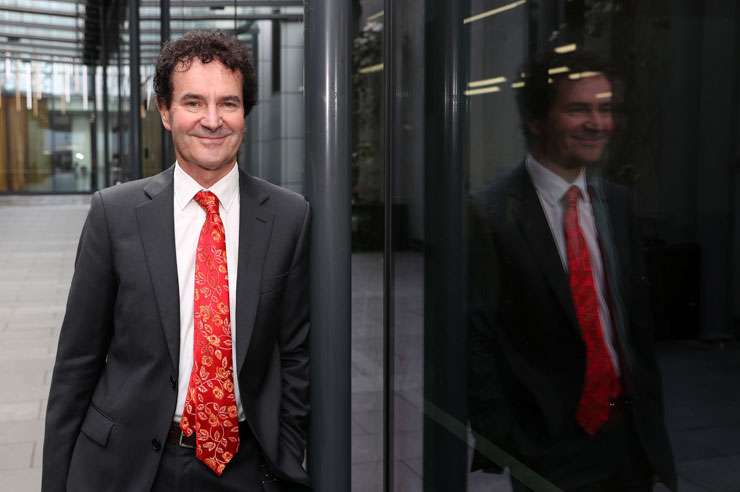Late last month the OneRoof-Kantar Housing Survey 2021 was conducted, looking at how people feel about house prices in New Zealand. The survey has made the effort to get the demographic distribution of responses to match the make-up of New Zealand’s population, so we can be reasonably confident that the 1,001 responses reflect how Kiwis feel overall.
Start your property search
In that regard, it is surprising that 52% of people still say overseas buyers are responsible for house prices doubling in the past seven years. There has been a ban on almost all foreign buying since late 2018 and only 40% of the price-doubling since 2014 occurred before the ban. Clearly, memories of the strong debate back then and perhaps the misplaced accusation of “Chinese-sounding names” still linger.
A larger 62% of people blame investors for house prices doubling, and that seems accurate from the analysis I do. Falling interest rates, especially since 2015, have encouraged investors into debt-funded assets such as housing. This perhaps has been the key characteristic of our housing market for three decades. We Kiwis have transformed our homes and the homes of others into portfolio assets used for building our personal wealth and funding our retirements – with encouragement from governments to do so.
Now, with so many people reliant on house prices staying up to maintain wealth and ensure we are comfortable in our old age, falling house prices are unlikely to be positively greeted by most people. Yet in the OneRoof – Kantar survey, 42% of the 1,001 respondents feel the Government should force house prices back down to pre-Covid levels. That would involve reversing the 39% rise in prices since March 2020.
But perhaps the detail of responses to this question provides an explanation. Some 62% of those who do not own a home want the Government to act, while a still high 32% of homeowners would support some intervention. That high 32% for current homeowners might be driven by concerns that affordability is going to get worse and purchase options are shrinking for their offspring.

Tony Alexander: "Perhaps the misplaced accusation of 'Chinese-sounding names' still lingers." Photo / Fiona Goodall
A high 70% of respondents expect affordability to worsen over the next two to three years. This can be broken down further, with 78% of those not owning a home expecting deterioration and 63% of those currently owning a home feeling this way. This means even though 82% of respondents feel house prices are fundamentally too high, there is little optimism that this situation will change.
Perhaps one result worth noting at the regional level is that while 42% of people nationwide feel the Government should act to get prices down, the proportions in Auckland and Wellington are 49% and 53% respectively. Only 30% of Cantabrians, however, would favour action to deliberately lower prices. And in Wellington, 94% of people feel house prices are too high compared with “just” 80% in Auckland and 77% in Canterbury.
- Tony Alexander is an economics commentator and former chief economist for BNZ. Additional commentary from him can be found at www.tonyalexander.nz












































































